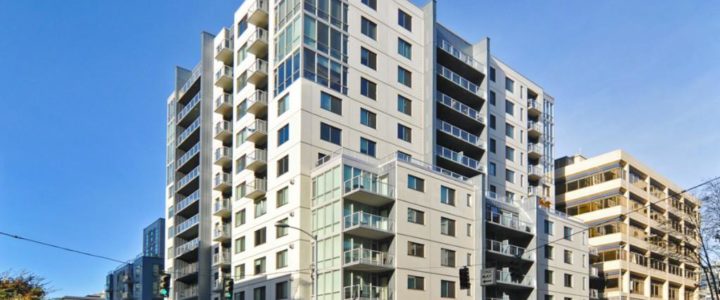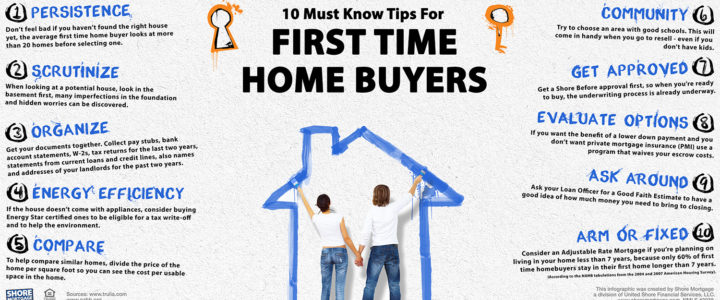Demand for condos so high and supply so limited, prices will keep rising, even under election-related market uncertainty, argues leading local agent
As house prices have slid over the fall and winter, condo sales have stayed the course and prices will continue to rise in 2017, predicts by the professionals.
We see continued price appreciation in condos this year – they can’t appreciate at the pace that they’re selling. But at the same time, you’re not going to double your money in 12 months. Whereas houses will see more of a balanced market, buyers will have time to decide, there will be inspections on houses, and it will take more than a weekend to sell your house. In comparison to the last year or so, it will be a pretty boring year.
While the rest of Canada’s economic activity will be limited, especially in Ontario and Quebec, the West will continue to do well… We have a sense of economic activity in British Columbia that gives positivity to the real estate market. The Canadian dollar will remain low, which will continue to draw in foreign money, despite the 15 per cent foreign buyer tax – that tax shocked the market but hasn’t stopped it.



